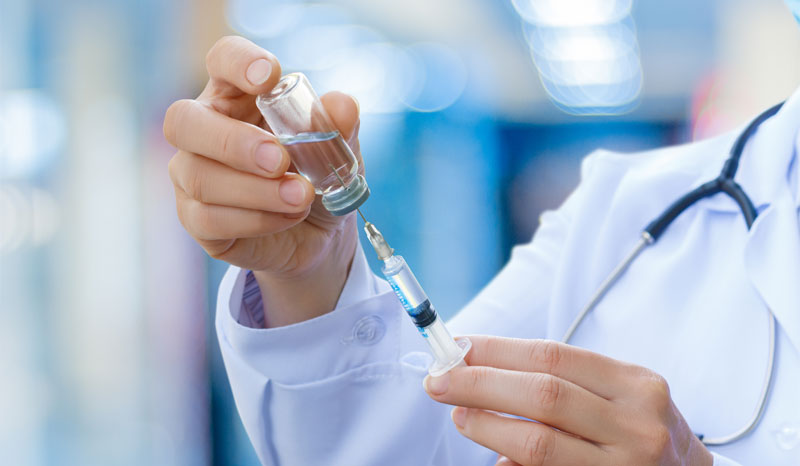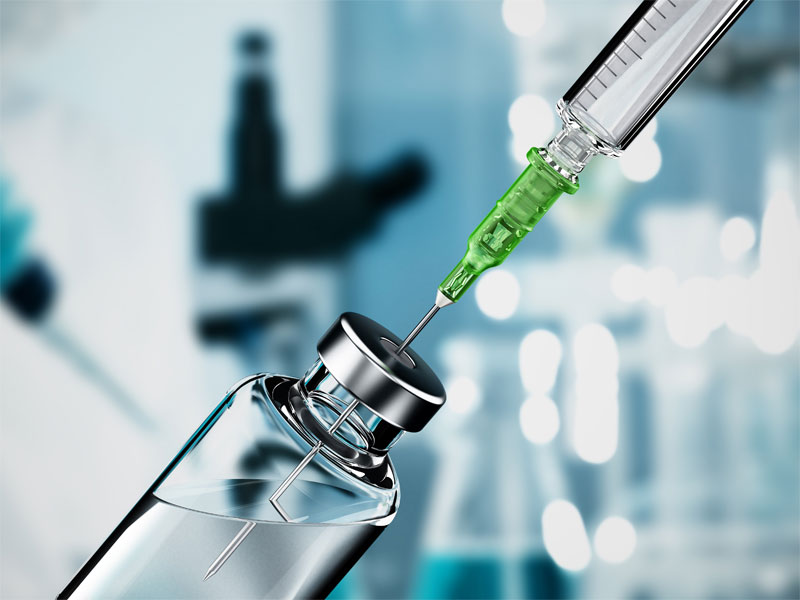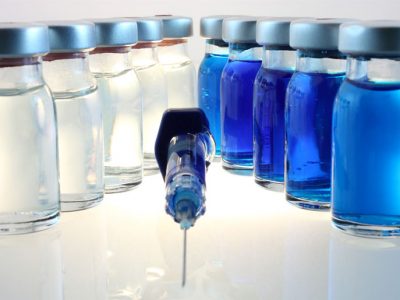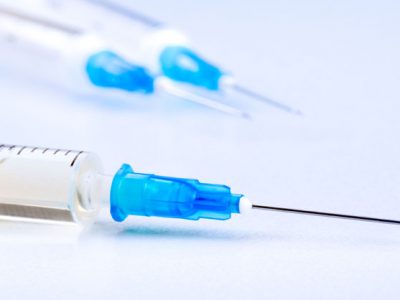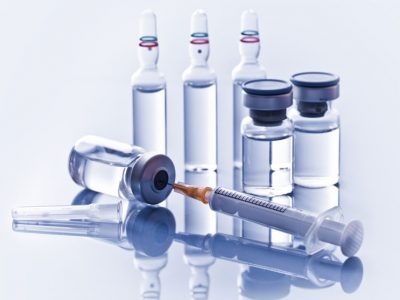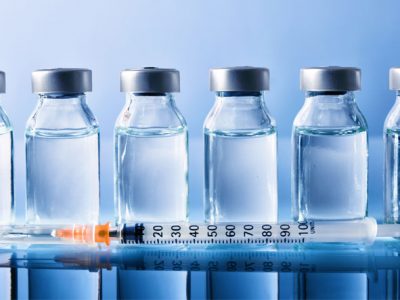- Home
- Growth Hormone
- Growth Hormone
- Growth Hormone Deficiency
- Growth Hormone Therapy
- Growth Hormone Injections
get startedThe Most Effective Hormone Replacement TherapiesInjectable Testosterone for Sale
- Most doctors agree that testosterone injections are the most effective way to give testosterone therapy.
- Testosterone injections can help you to feel younger, stronger, and improve your overall quality of life.
- If you want to get the maximum benefits from testosterone therapy, you will want to get your prescription for testosterone injections, from a doctor who specializes in hormone replacement therapy (HRT) for men.
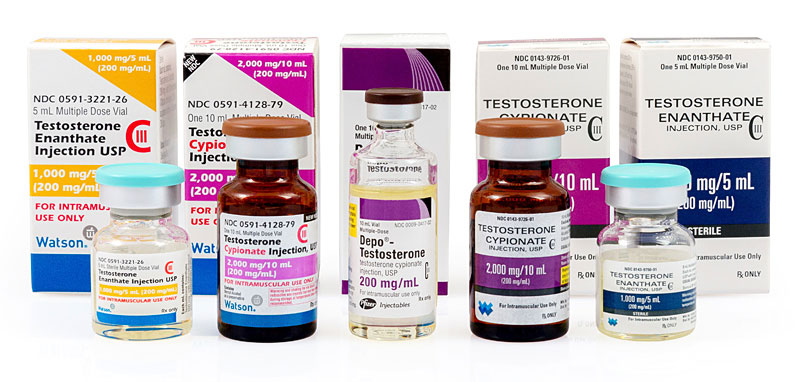
Most doctors agree that injections are the most effective way to give testosterone therapy. Understanding how to give them, their potential side effects, and their benefits is critical to the overall success of your testosterone replacement therapy (TRT).
While testosterone replacement therapy can be administered in several ways, including creams and gels, we have found that our patients respond best to shots.
Legitimately prescribed TRT from a licensed healthcare provider should not be confused with the abuse or illegal use of anabolic steroids. TRT is prescribed to treat an actual medical condition known as hypogonadism or low testosterone. Taking T-shots without proper medical advice or supervision is not only against the law, it could be hazardous to your health. If you think you can benefit from endogenous androgen injections, please speak to your doctor or healthcare provider.
While testosterone replacement therapy can be administered in several ways, including testosterone creams and testosterone gels, most doctors agree that testosterone injections are the most effective way to give testosterone therapy.
Why Would I Need Testosterone Injections?
Male hormones or androgens are necessary for a boy to grow and mature into a man. Even once you are an adult, it remains critical for strength, stamina, sexual function, and emotional well-being. And yet, despite the continued need, testosterone levels drop over time.
TRT can make up for the loss and help you to feel younger and stronger, and improve your overall quality of life.
Testosterone injections can safely and effectively make up for the loss of testosterone that occurs as you age, and help you to feel younger, stronger, and improve your overall quality of life.
Testosterone Shots For Sale: Do I Need a Prescription?
You can only obtain TRT with a doctor’s prescription.
Any medical doctor can write a prescription for TRT. However, you do not want “just any doctor” to treat age-related hormone loss. You should seek a doctor who specializes in hormone replacement since they are most familiar with the dosing and regular usage of testosterone therapy. They will be better able to personalize your treatment plan for testosterone replacement therapy (TRT) and make any necessary adjustments required.
Such a “Hormone Replacement Doctor” can help you in many other ways to boost and maintain your stamina and energy levels. They will often test for other hormone abnormalities, i.e., growth hormone, which is frequently found to be deficient as well. The combination of both Growth Hormone & Testosterone Replacement Therapy is often accomplished with outstanding results!
How Do I Know If I Need Testosterone Injections?
As you age, your testosterone level naturally declines. Once you are over 30, the decline can lead to a number of debilitating conditions that collectively are known as “male menopause” or andropause. Andropause in men can begin almost anytime after the age of 30 and is not linked to any one symptom or biological condition.
Therefore, the best time to start taking TRT shots is as soon as you are feeling the symptoms of low T. The signs and symptoms of low T in men include:
- Weight gain, even when eating right and exercising.
- Muscle loss.
- Fatigue and weakness.
- Poor sleep, disturbed sleep, or other sleep disorder.
- Decreased sex drive and other sexual health issues.
- Foggy thinking or other cognitive issues.
- Irritability, mood swings, and/or depression.
Even when you have found the right kind of doctor to evaluate your symptoms, do not expect him or her to immediately provide you with a prescription for TRT.
Before you are given a prescription for TRT, any legitimate doctor will need to take a complete medical history and physical exam, which will then be followed by a specialized blood test to check for your testosterone levels. Only if your blood tests indicate that your levels are low will you be given a prescription for TRT.
Testosterone therapy is usually initially prescribed for six months to one year. After that time, you will be reevaluated to determine if you need to continue testosterone therapy.
What Are the Benefits of Testosterone Shots?
For men who have been diagnosed with hypogonadism, injectable TRT has many benefits, including:
- Increased strength and stamina.
- Increased sex drive and sexual performance, lowered risk of erectile dysfunction.
- Increased muscle mass. Increased lean muscle mass leads to enhanced physical performance.
- Weight loss.
- Reversal of cognitive dysfunction.
- Lowered risk of heart disease and cardiovascular events such as stroke or heart attack.
- Improved bone health and increased bone density.
Testosterone Shots for Sale: Cost
The actual cost of a prescription for TRT varies greatly. Depending on your individual needs, diagnosis, and lifestyle, you could expect to pay anywhere from 150.00 to 750.00 or more per month for replacement therapy. The most common injection prescribed is testosterone cypionate, it is also one of the least expensive. If you have health insurance, there is a very good chance that it may pay for all or part of your therapy. Depending on your health insurance provider, you may be covered for your medication as well as some of the other aspects of your treatments.
Are Testosterone Injections Safe?
As to the safety of T-shots, like any drug or medical procedure, TRT has some possible side effects. However, we need to emphasize “possible.” All drugs, even over-the-counter medications, can have possible side effects or adverse effects.
Some of the reported possible side effects of TRT injection therapy include:
- Inflammation at the injection site or other skin reactions.
- Increased risk of blood clots.
- Enlarged breasts.
- Increased risk of sleep apnea.
- Acne.
Some of the rare or unlikely adverse effects include:
- Increased risk of kidney disease.
- Polycythemia: (An excessive increase in red blood cell production).
- Severe Liver Damage.
- Severe Allergic Reactions (Anaphylaxis).
This medication can interact with other drugs and medical conditions. Tell your doctor if you have a female partner who is pregnant or wishes to become pregnant if you have a family history of lung disease or prostate cancer.
Tell your doctor or healthcare provider about any medications you may be taking, including OTC medications and supplements.
This is not the entire list of side effects and warnings, and it is not meant to scare you. In reality, most patients have a very positive experience and run the course of their hormone therapy with little or no side effects.
As long as you take your injections as instructed by your healthcare provider and do not exceed your prescribed dose, you should experience few, if any, adverse effects.
Testosterone Shots for Sale: Getting a Prescription
While well-regulated, it does not have to be hard for you to obtain a prescription for TRT Injections. In fact, how to start testosterone therapy can be summed up in four easy steps:
Step One – Evaluate your symptoms of low T.
Step Two – Have a physical exam and your blood tested.
Step Three – Evaluate your test results, and if you are found to have low T, receive your prescription for TRT.
Step Four – Start taking your monthly shots!
It’s as simple as that to get yourself started on the treatment that can change your life.
Remember, any kind of doctor can write you a prescription for TRT. However, it is highly recommended that you only get your injections from a medical professional whose practice is dedicated to hormone replacement therapy. Only a well-qualified physician who specializes in hormone replacement therapy should start you on self-injections. This way, you can be sure your treatments will be the safest and most effective for your particular needs and lifestyle.
When you get your TRT injections from a doctor who specializes in hormone replacement, not only will such a physician be able to provide you with the most accurate testing of your male hormone levels, but he or she will also be able to evaluate your other hormones.
Testosterone Injections for Sale: Experience Matters!
Testosterone deficiency does not occur in a vacuum. All hormones in your body interact and work together. If you are suffering from low T, there is a good chance that you may be deficient in other critical hormones as well, such as human growth hormone or HGH. Many people who start TRT are also prescribed growth hormone therapy and benefit greatly from the combined therapies.
For “age-related” low T you want to get your prescription for TRT injections from a doctor who specializes in hormone replacement therapy (HRT) for men. Contact Us today and see the difference that experience makes when prescribing TRT for men!
For so called “age-related” low testosterone, you want to get your prescription for testosterone injections, from a doctor who specializes in hormone replacement therapy (HRT) for men.
read this next
How fast do Testosterone injections work?
When it comes to how fast you can expect testosterone injections to work, you must have patience. The idea behind testosterone therapy, and in…read moreWhat to expect from Testosterone injections
There are many life changing benefits of testosterone injections. The kind of results you can expect from your program of testosterone injections depends on…read moreWhere Can I get Testosterone injections?
Are you wondering where and how to get testosterone injections? We have all the answers you need about testosterone replacement therapy or TRT! In…read moreHow often do I have to Take Testosterone injections?
Patients who are considering testosterone injection therapy, often wonder how often they have to take testosterone injections in order for them to be effective.…read more - Growth Hormone Therapy








